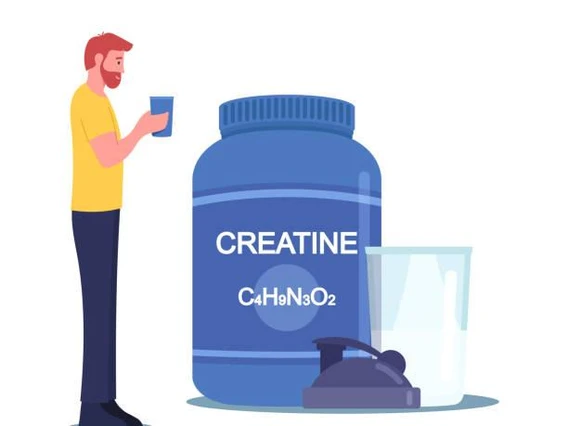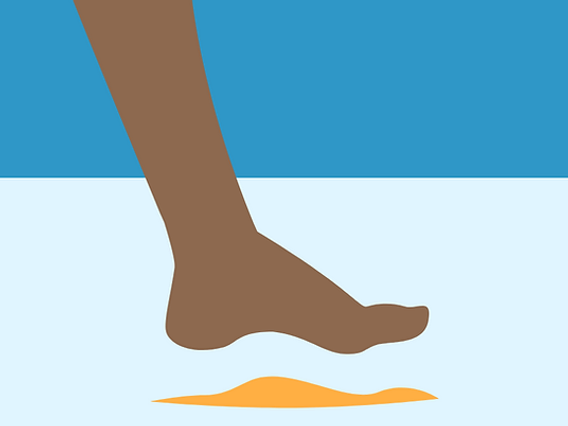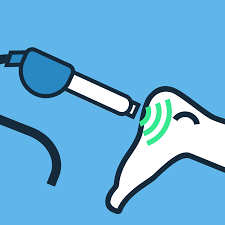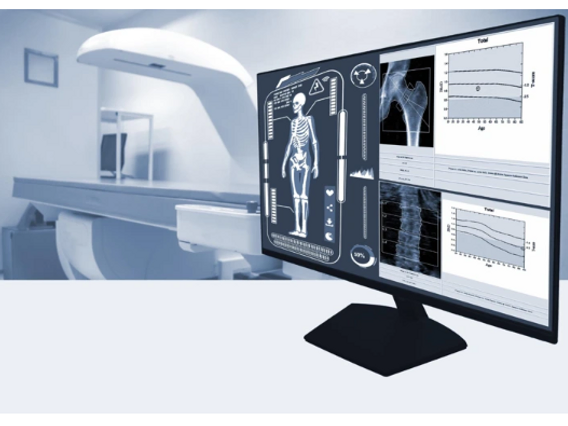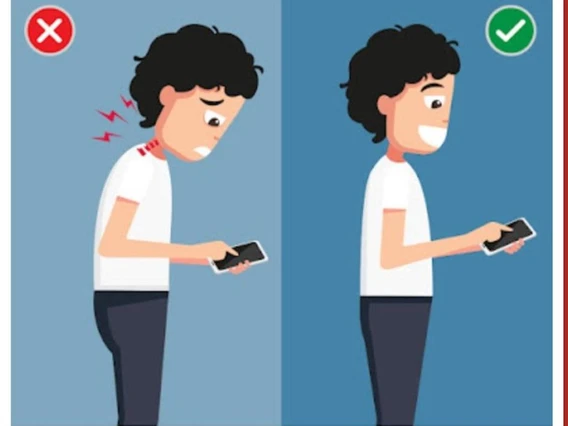What is the Evidence for Physiotherapy?

Physiotherapy is a well-established and evidence-based healthcare profession, and its effectiveness has been demonstrated through numerous studies and clinical trials across various conditions. Here is a summary of the evidence supporting physiotherapy interventions in different areas:
1. Musculoskeletal Conditions:
- Physiotherapy has strong evidence for its effectiveness in managing musculoskeletal conditions such as:
- Low Back Pain: Exercise therapy, manual therapy, and patient education have shown positive outcomes in reducing pain and improving function.
- Osteoarthritis: Exercise programs, joint mobilization, and education are commonly used in the management of osteoarthritis, providing pain relief and improving joint function.
2. Rehabilitation after Surgery:
- Physiotherapy plays a crucial role in post-surgical rehabilitation. Evidence supports its use in enhancing recovery after procedures such as joint replacements, ligament repairs, and spinal surgeries.
3. Neurological Rehabilitation:
- For individuals with neurological conditions, including stroke, traumatic brain injury, and multiple sclerosis, physiotherapy interventions have demonstrated effectiveness in improving mobility, coordination, and overall function.
4. Cardiorespiratory Conditions:
- Physiotherapy is integral in the rehabilitation of individuals with cardiorespiratory conditions such as chronic obstructive pulmonary disease (COPD) and heart failure. Exercise training and respiratory interventions contribute to improved respiratory function and exercise capacity.
5. Sports Rehabilitation:
- Physiotherapy is widely used in sports medicine to facilitate the recovery of athletes from injuries. Evidence supports the use of physiotherapy interventions in the management of sports-related injuries, such as sprains, strains, and ligament tears.
6. Balance and Fall Prevention:
- Physiotherapy interventions, including balance training and strength exercises,have been shown to be effective in reducing the risk of falls, especially in older adults.
7. Pediatric Conditions:
- Physiotherapy is utilized in the treatment of various pediatric conditions, including developmental disorders, cerebral palsy, and musculoskeletal issues. Evidence supports its role in improving motor skills and functional abilities in children.
8. Pain Management:
- Physiotherapy interventions, such as manual therapy and therapeutic exercise, are commonly used in the management of chronic pain conditions, providing relief and improving function.
9. Pelvic Health:
- Physiotherapy is employed in the management of pelvic health issues, including urinary incontinence and pelvic pain. Evidence supports the effectiveness of pelvic floor exercises and manual therapy in improving symptoms.
10. Geriatric Care:
- Physiotherapy is beneficial in addressing the unique needs of older adults, including mobility issues, joint stiffness, and frailty. Evidence supports its role in improving functional independence and quality of life in the elderly.
It’s important to note that the effectiveness of physiotherapy can be influenced by various factors, including the specific condition being treated, the individual’s overall health, and the implementation of evidence-based practices by the physiotherapist. Physiotherapy is often used in conjunction with there medical interventions to provide comprehensive and individualized care.
Before undergoing physiotherapy, individuals should consult with healthcare professionals to ensure that the chosen interventions are appropriate for their specific needs and conditions. A qualified physiotherapist can assess and tailor treatment plans to address the unique goals and challenges of each individual.







